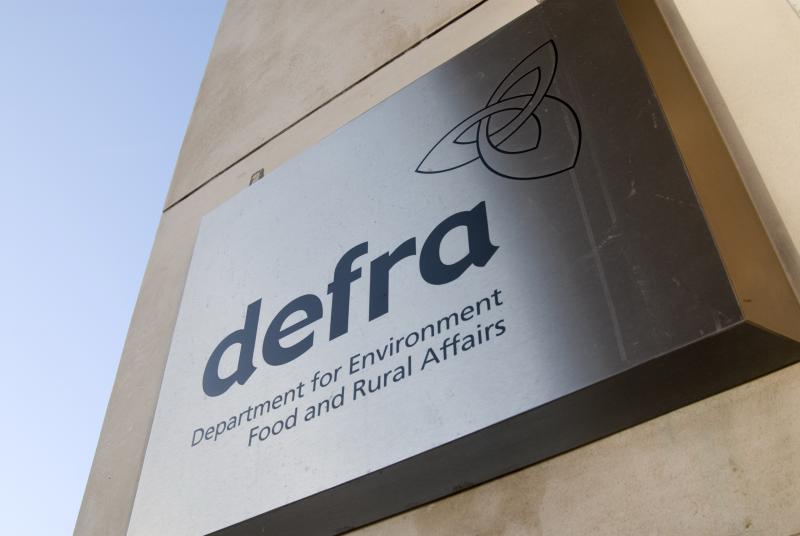
The recent High Court ruling on metaldehyde slug pellets must see a 'science-based decision process' now adopted, a union has urged.
The farming industry has overwhelmingly welcomed a court decision overturning a Defra ban on a widely-used product to combat the threat to crops of slugs.
The High Court in London agreed with a challenge on the legality of the ban, and the pellets will now return to the market.
The way in which the decision was taken by Defra to ban metaldehyde was declared unlawful by the court.
This overturns the December 2018 ruling that withdrew from the market all products containing metaldehyde, with immediate effect, with their use on farm banned from 2020.
The court’s order confirms that the applications for product re-authorisation remain outstanding, and Defra are required to decide afresh as to whether to grant re-authorisation for the products or to revoke the existing authorisations.
NFU Scotland is now advocating Defra to use a 'science-based approach' following the court's decision.
Vice President, Charlie Adam said: “Every grower and gardener knows the impact that slugs can quickly have on crops.
“Used properly and safely, metaldehyde was a trusted part of the plant protection toolbox until its ban last winter.
“Defra are now required to decide afresh as to whether to grant re-authorisation for the products or to revoke the existing authorisations with NFU Scotland continuing to advocate a science-based approach,” he said.
At the time of the ban, AHDB estimated that a lack of slug control products could cost UK crop production £100 million a year.
Mr Adam added: “Retaining metaldehyde provides farmers with a trusted treatment that, when used properly, is reliable and effective.
“The targeted nature of metaldehyde allows farmers to use the product against slugs, the arable sector’s most destructive pest, when they are identified without the need to use it as a preventive measure.”
The Metaldehyde Stewardship Group has introduced new buffer zone requirements, promoted reduced usage and the adoption of integrated pest management.
It has also highlighted the responsible usage that farmers are demonstrating in their approach to plant protection products.
